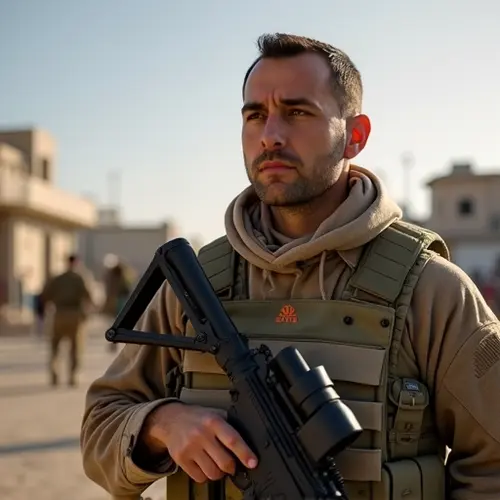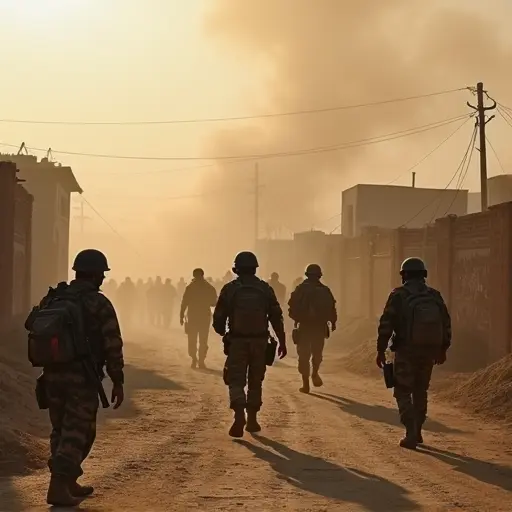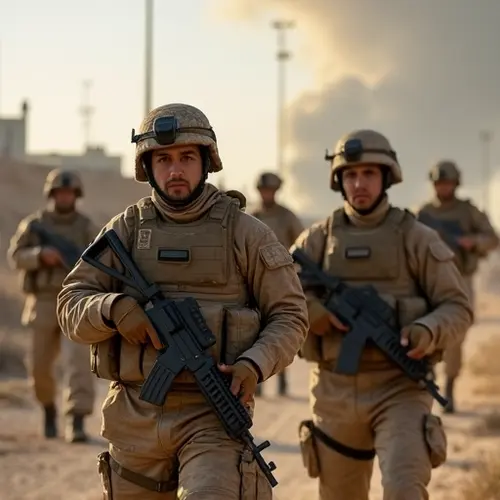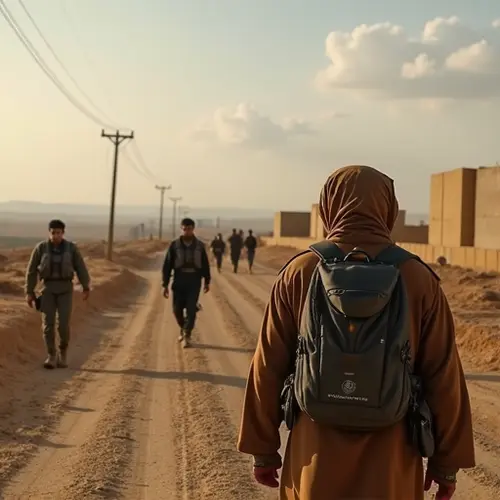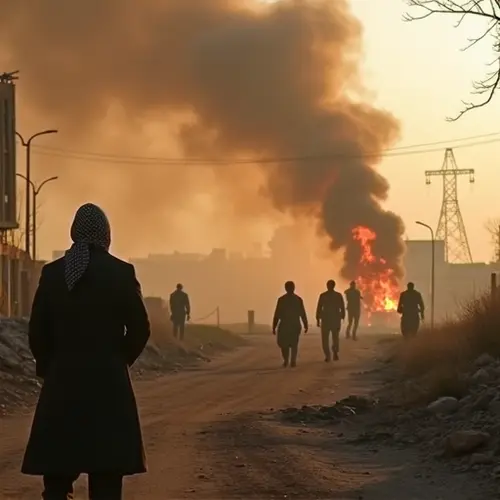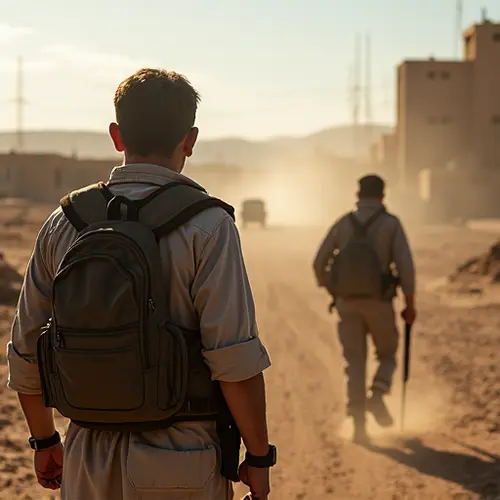
Deadly Conflict in Southern Syria
At least 594 people have been killed in recent violence between Druze militias and Bedouin fighters in Syria's Sweida province according to the UK-based Syrian Observatory for Human Rights (SOHR). The conflict marks one of the deadliest escalations since Syria's new government took power after the fall of the Assad regime.
Casualty Breakdown
SOHR reports Druze casualties include 146 fighters and 154 civilians, with 83 civilians executed by government forces. Bedouin militias lost 18 fighters, while 257 government employees and 3 Bedouin civilians also perished. The Druze, a distinct religious minority with roots in Shia Islam, constitute just 3-4% of Syria's population but maintain strong communities in Sweida and the Israeli-occupied Golan Heights.
Roots of the Conflict
Longstanding tensions between Druze and Bedouin communities over water rights, land disputes, and control of captagon drug trafficking erupted after the kidnapping of a Druze greengrocer. Captagon, a synthetic amphetamine produced extensively in Syria, has become a major revenue source for armed groups during the country's prolonged civil war.
Government and Regional Involvement
Syrian interim President Sharaa deployed government troops to quell the violence, promising protection for religious minorities. Israel subsequently launched airstrikes targeting Syria's Defense Ministry in Damascus, killing 15 officials according to SOHR. Israeli PM Netanyahu stated the attacks aimed to protect Druze communities and prevent Syrian military consolidation near Israel's border.
Political Context
President Sharaa, in a televised address, condemned Israeli "destabilization attempts" while pledging justice for victims. His jihadist background with al-Qaeda affiliates has generated distrust among minority communities despite assurances of protection. The conflict tests the new government's ability to control armed factions after December's regime change.
Druze communities now face difficult choices between Syrian government protection and Israeli security guarantees, with many fearing renewed sectarian violence could destabilize the fragile post-Assad transition.

 Nederlands
Nederlands English
English Français
Français Deutsch
Deutsch Español
Español Português
Português



